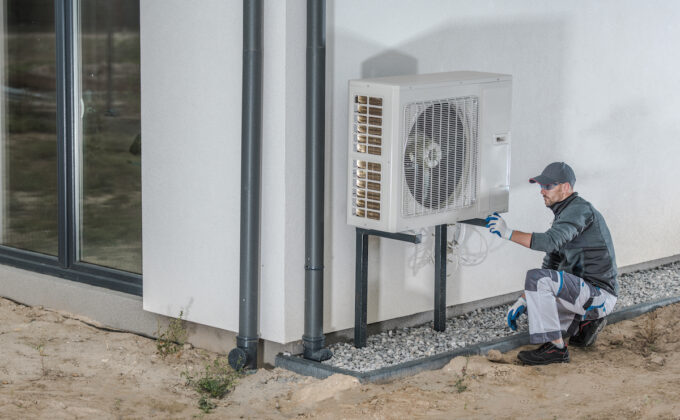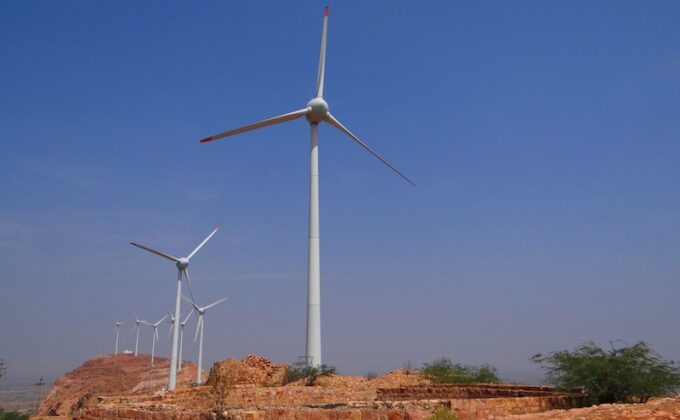Filter >>
Content Filter:
Distribution companies (discoms) are under increased pressure to begin maintaining an uninterrupted supply of electricity. In her recent annual budget speech, India’s finance minister Nirmala Sitharaman noted that the discoms’ “monopoly behaviour” is a deterrent to the country’s economic growth. View Summary +

Heat in buildings is still largely delivered by burning fossil fuels. To meet Europe’s 2030 climate target, the European Commission assesses the buildings sector must reduce emissions by 60% over 2015, and close to one in four heating systems will… View Summary +

This week European Commission Vice President Frans Timmermans revealed that any extension of carbon pricing to heating and transport would be accompanied by a “climate action social fund.” He states the purpose of this fund is… View Summary +

The European Union has committed to several ambitious climate targets, including the reduction of carbon emissions by a net of 55% by 2030 compared to 1990. To meet these goals, the European Commission expects to rapidly decarbonise its building sector… View Summary +

To meet the European Union’s carbon goal of reducing emissions by at least 55% net from 1990 levels, the European Commission wants the buildings sector to take the lead. The EU’s Climate Plan Impact Assessment sees building renovations and sustainable… View Summary +

Here’s an analogy you weren’t expecting: Regulating energy is, surprisingly, much like regulating the sport of rugby. Regulators in both areas contend with challenges from a number of fronts. Rugby “regulators” have had to, over time, adapt the game to… View Summary +

Meeting the European Commission’s target of reducing greenhouse gas emissions from buildings by at least 55% by 2030 will require renovating buildings at previously unheard of rates and depth. This goal opens up vast opportunities for citizens, national economies and… View Summary +
India’s electricity regulators, at the central and state level, are tasked with setting appropriate regulations and standards that govern grid reliability and protect consumer rights. While the incidence of complete blackout is rare, the reliability of distribution networks — better… View Summary +

Meeting China’s ambitious new climate and energy goals will require dramatic change within the power sector, transitioning from a coal-dominated generation mix to a more carefully targeted mix of non-fossil resources. This shift will require continued policy reform focused on… View Summary +
要满足中国新近制定的气候和能源目标,包括碳达峰和碳中和目标,中国的电力行业需要从以煤炭为主导的发电组合,向非化石资源组合转型。这将需要以提高运行和投资效率为重点的持续的政策改革。 西北地区具有丰富的可再生能源资源潜力,初步的电力市场发展为促进能源转型提供了独特的机遇。然而,该地区目前存在严重的煤电产能过剩问题,是中国煤炭资产重组的试点地区。与此同时,该地区可再生能源弃电量一直很高,虽然近年来已有所下降。 本报告为支持西北地区电力行业转型,发挥成本有效地向其他地区出口可再生能源的优势,提供了一些政策和监管战略,这些建议主要集中在三个领域:(1)采取区域性方法来提高电网运行效率;(2)协调中央和地方的退煤工作;(3)确保规划过程透明、科学以确定成本最低的新资源组合方案。在借鉴国际和中国其他地区电改经验的基础上,本报告提出了10条“下一步”电力行业改革的策略,以帮助西北地区实现脱碳和其他政策目标。 本文分为(上)(中)(下)三期刊登于《南方能源观察》杂志 This paper is also available in English. View Summary +
